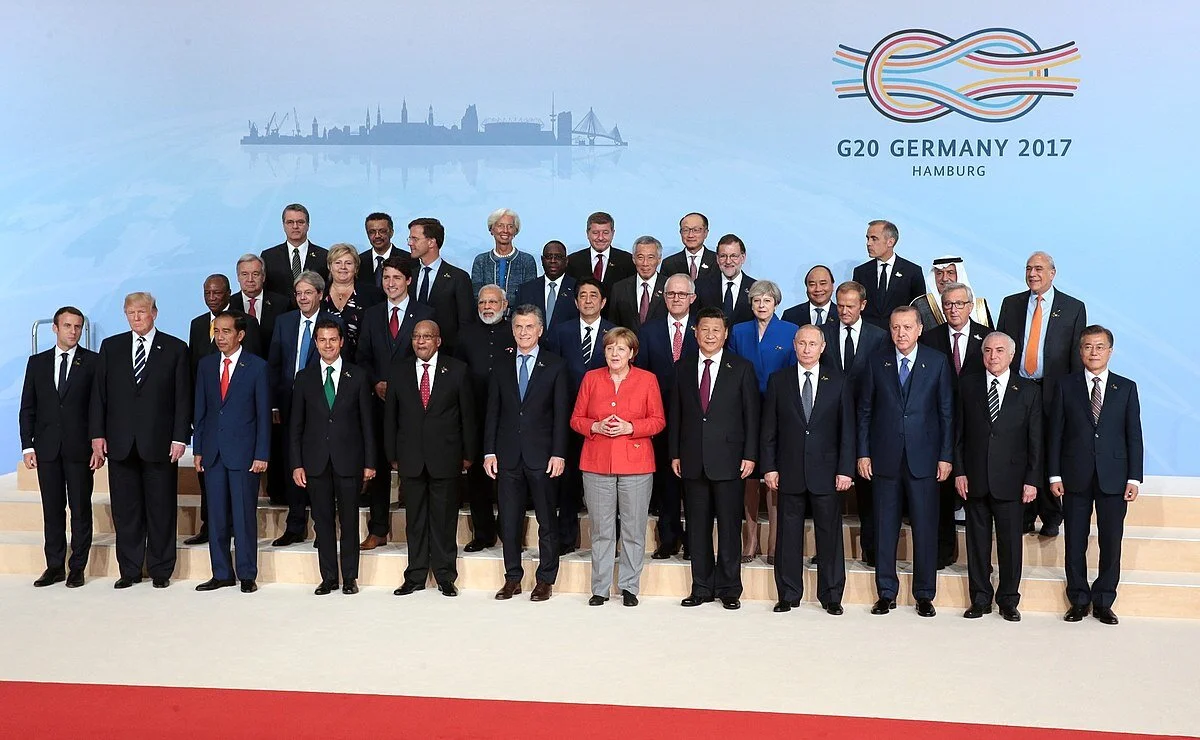President of Zambia declares HIV testing mandatory →
Zambia is moving forward with mandatory HIV testing for all patients who visit government health facilities, according to Health Minister Chitalu Chilufya. The move appears to contradict WHO recommendations against mandatory or coerced testing. And it has sparked an outcry among international and local HIV activists, who are pushing the government to reverse its decision. Read more.



